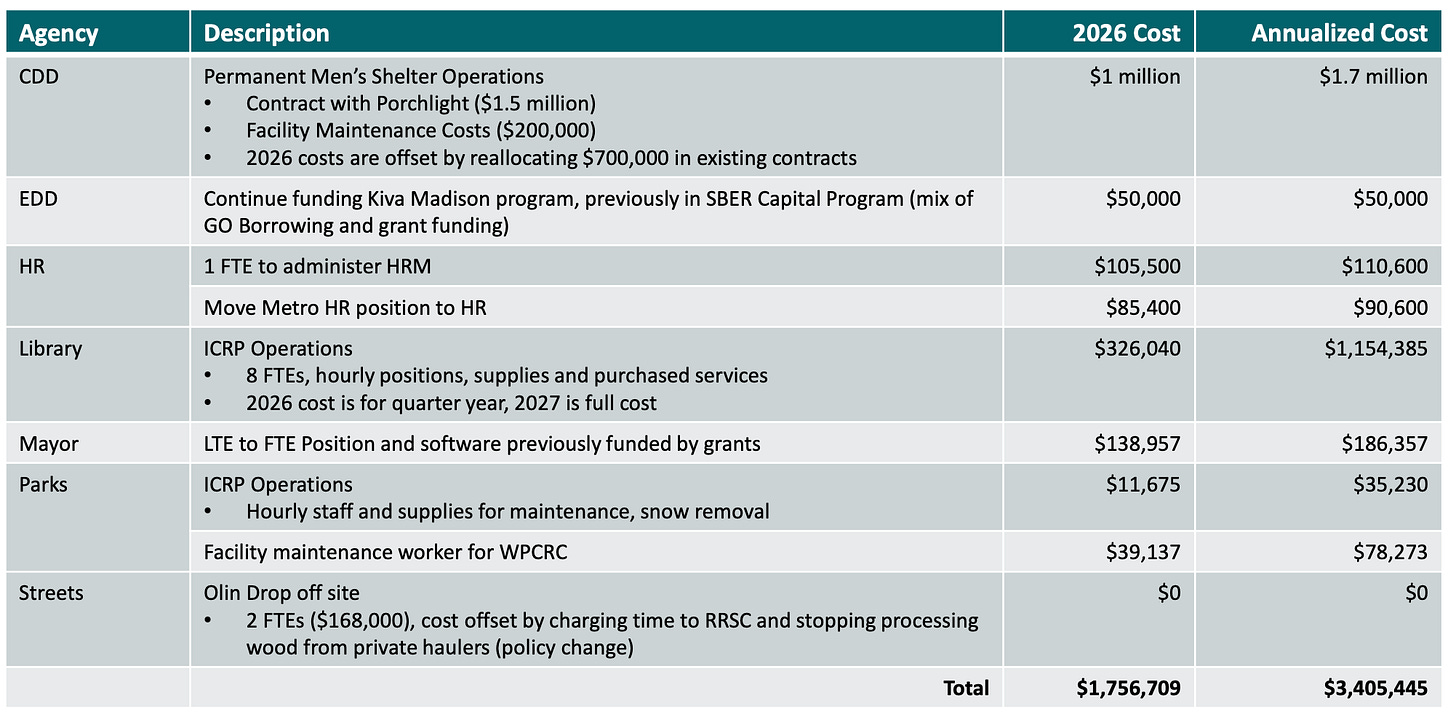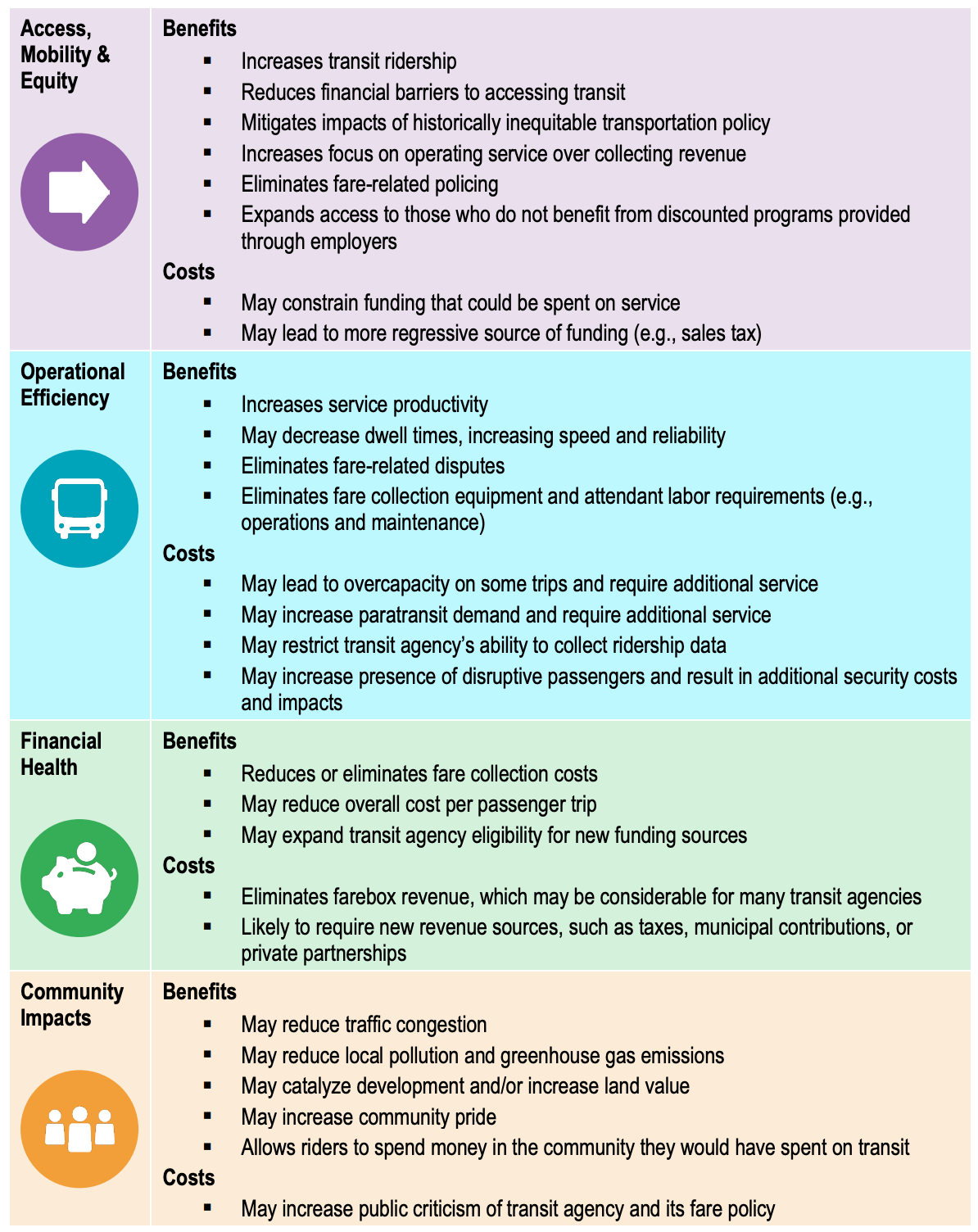It's been 16 years. It's time to raise Madison Metro fares.
A raise from $2 to $2.50 would help Madison find the money to staff the Imagination Center and the new homeless shelter
The base fare to ride the Madison Metro bus has been $2 since April of 2009.
After more than 16 years, it is time for an increase.
Madison is and should be proud of Metro, and Metro is much improved since 2009. The route redesign has made Metro more efficient and made travel times via Metro much faster for many people, bus data is well integrated into modern digital apps making ridership a breeze, fares are finally tap-to-pay with your phone or card, and the East-West BRT is up and running, with the North-South route on the way, likely even if the Trump administration turns it into a longer construction project. Metro drivers are on the verge of getting a fair contract negotiated by their union, setting us up for the next few years of operations. Metro service extends into Sun Prairie, Monona, and Verona, on its way to being a truly regional system. This is all part of the leadership of the Metro team, but also past councils, our surrounding communities, past mayors, and especially Mayor Satya.
All through these improvements, Metro riders have paid the same amount per ride.
Budget-wise, the past 16 years have been very, very challenging, including an unprecedented referendum to raise property taxes. The 2026 budget also promises to be challenging because of the State Expenditure Restraint Program. We won’t get the official limits for another few days, but City finance staff projects that Madison’s “cost to continue” budget is only $1.6M under the overall limit of what we can spend in 2026. The “cost to continue” budget assumes we do nothing new in 2026, which means the “cost to continue” budget doesn’t fund fully staffing the new homeless shelter, or staffing the new library, both of which are under construction and will be completed later in 2026. The full list of “supplementals” is $1.7M in 2026, and that’s before any alders or the Mayor present their own new ideas.
Madison’s budget is at the limits, and we need new options on the table.
As it happens, Madison Metro fare revenue does NOT count against the expenditure restraint limit. Every dollar we raise through the fares allows us to offset dollars elsewhere, freeing up room to get under the ERP limit.
(I wrote about the expenditure restraint limits here, if you want read something more in-depth on what the program is and why it’s a poorly designed program, but sadly it is the law and we’re stuck with it until the Democrats take control of the legislature and eliminate it)
Madison taxpayers have invested enormous amounts of money into Metro’s operating budget the past few years*. Between the entirety of the wheel tax and other general fund money, local tax money supporting Metro was $22.9M in 2024, is budgeted to be $25.4M in 2025, and the 2026 request is for $32.3M. In 2024, between advertising and fares, Metro took in $10M in revenue and is budgeted to take in $12.5M in 2025.
For comparison, in 2010, Metro took in $10.7M in fares and received $7.1M in general fund revenue.
Percentage-wise, the change in Metro’s budget is even more stark.
In 2010, fares made up 21.3% of Metro’s overall budget, city general fund support made up 14.2%, and state, federal, and other government aid made up 61.3% of Metro’s budget.
In the 2026 budget request, fares make up 14.9% of Metro’s budget, city general fund+ support is 38.2%, and state, federal, and other government sources are 46.3%**.
The 2026 Metro budget request includes an increase of $6.5M in general fund support, I think largely to cover the new contract and increased electricity costs. It’s incorporated into the “cost to continue” budget and it’s a big part of why we’re up against the expenditure restraint limit in 2026. That’s a 35% increase in general fund support in just a single year.
I don’t want to cut Metro funding, but that’s simply too much of an increase to give to Metro in a single year, when it is crowding out so many other funding priorities.
In April of 2009, the base bus fare for Madison was $2. Adjusted for inflation, in August of 2025, that same $2 would now be $3.04.
Given the expenditure restraint limits, the length of time since the last increase, and the dramatically improved service over the past 16 years, it is time to ask Metro riders to cover more of the costs of the system.
A 25% fare increase - from $2 to $2.50 for the base adult fare, when fully implemented, would ballpark raise about $3M***, which could reduce the general fund support by the same amount and let the city fund other priorities such as the staffing the new Imagination Center library or the new homeless shelter.
A fare increase cannot just be implemented overnight. It would take several months of required studies, public hearings, and contract negotiations with some of the unlimited pass users such as UW-Madison, so it would not be fully implemented for the next few years. But, I optimistically would guess that it could raise an additional $1M in 2026, and hopefully be fully implemented by the end of 2027.
Using the 2025 budget numbers, if fares brought in an additional 25%, the percentage of Metro’s budget from fares would go from 15.6% to 19.5%, and the local tax and aid funding support would drop from 32.8% to 29%.
Realistically it’ll be next spring before a fare increase could start to go into effect, but a 17 year run of a steady price is remarkable. A fare increase to $2.50 is still much less than what the fare would be if adjusted for inflation. The BRT routes do not even take cash, and all of Metro has non-cash options, so the hassle of dealing with quarters to pay a fare is a quaint problem of the past.
A fare increase is reasonable and lets the City fund other important priorities. As the Council debates the 2026 budget, a fare increase must be on the table.
*Footnote 1: the general fund support for Metro is scheduled to drop by about $2.4M in 2027, because of some clever uses of federal COVID money in the 2023 budget. However, given the rapid increases in general fund support in 2024, 2025, and 2026 compared to 2022, I suspect this won’t be a “drop” so much as a “not as big of a rise.”
**Footnote 2: That State and Federal support is basically the same in 2025 as it was in 2010 despite inflation is also a problem but for another post.
***Footnote 3: The $3M is just a basic estimate assuming all fares rise by 25%, which may or may not be doable during different contract negotiations, but I feel good about it as a ‘ballpark’ number.
Appendix: What about Free Fares?
Many people who are reading this will be “A fare increase? Hell no, I think we should eliminate the bus fare”, and I get it. I’m actually somewhat sympathetic to that. If it weren’t for the Expenditure Restraint Limits, I’d probably not be so worried about the increase in general fund support to Metro this year and more comfortable leaving fares at $2, and I’ve never been that upset about using all of the wheel tax on Metro. The more people who ride Metro, the fewer cars on the road, and I view the wheel tax as a subsidy to bus riders that makes it easier for me to drive without fighting other traffic. (I live on the far east side that historically had poor bus service. With the redesign I do take the bus more often but I am still mostly a driver)
But for free fare advocates, the National Academy of Sciences published a great book from the Transportation Research Board titled “Fare-Free Transit Evaluation Framework” that does a nice job laying out “here are all of the issues you need to study before switching to a fare-free system” - it’s not quite as simple as “just find the money”. You can read a PDF of a pre-print version here or read the real report on the National Academy Press website here.
Here’s a nice summary graphic:
(One thing I’d like to note - this bullet point:
‘May increase presence of disruptive passengers and result in additional security costs and impacts’ - given the uptick in Metro drivers getting assaulted by passengers in the past few months, that’s going to be a sensitive subject.)
The biggest challenge, of course, is finding the money to replace the $12M Metro takes in from fares.
One obvious and straightforward way to (largely) solve the money problem is to go to referendum. I would bet that a referendum to raise the City of Madison levy in order to make buses free would pass. The 2024 referendum added $22M to the property tax levy, which was about $230 of taxes on the average home, using those same numbers (and assuming we need $15M annually to replace fare revenue) that would be a referendum for another $156 in property taxes on the average home. I think it’d be a close vote, but yeah, I think it’d pass.
There are three problems with just going to referendum:
1. Because Metro is more of a regional system now, and Madison gets payments from the cities of Monona, Sun Prairie, Verona, and I think Middleton to support Metro from those cities’ property tax revenues, we’d need to work out with those cities an increase in their support as well, to make up for what riders from their cities currently pay in fares.
(This would be a good point to say ‘Yes, a Regional Transit Authority could be handy here too if it had the power to tax.’ The last time we had an RTA the plan was that it would use a sales tax, but since we need the legislature to create the RTA, there’s no reason the next RTA couldn’t levy property taxes instead of a sales tax. It’s really a pick your poison situation, I’m sort of indifferent to which way is better)
2. The way the referendum laws work in Wisconsin right now is a referendum is for a fixed amount, so in order to keep up with inflation, you’d have to go to referendum again every few years. Not the worst, but it makes planning difficult and perilous.
3. Switching from the fare revenue to new money from property tax would run up against the expenditure restraint program limits the year we tried to do it, so we’d need to find a way to make up for a year when we don’t get the $7M from the state in ERP aid. This is yet another reason why the ERP is dumb.
Anyway, if you want to convince me on free fares, read the Transportation Research Board book and present a plan that addresses everything they say is important.



